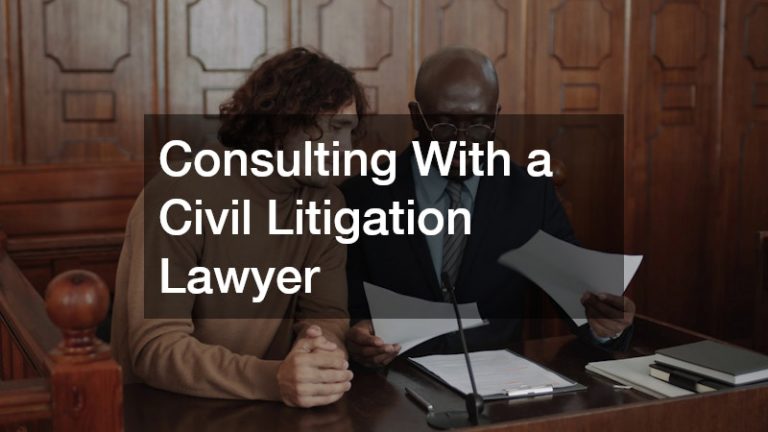

Technology has created many obvious new careers. Gaming software engineers, social media bloggers, global positioning system technicians, and drone software developers are just a few of the newest jobs involving the ever growing and ever changing field of technology. One career, however, that involves technology but closely mirrors previous careers in the same field is the job of legal videographer.
Part reporter, part photographer, part legal assistant, a career as a legal videographer can be at times mundane and straight forward, and at other times a challenging and exciting avenue of reporting.
Court cases can be long and expensive. The trend of hiring a legal videographer to film routine depositions and witness testimony can, however, make the legal process less expensive and more efficient. Instead of flying witnesses across the country for testimony that may last only minutes, a certified legal videographer can provide deposition video recording of witnesses who never have to enter the physical courtroom.
Consider, for example, a worker’s compensation judge who tries cases without a jury in Nebraska. If the worker pleading a case was injured because of a faulty elevator in the workplace, the video deposition of the state inspector indicating that the elevator had indeed been tagged for documented problems can present the necessary facts from the necessary witness. Without ever needing to meet in person, a trained legal videographer can follow the required steps to document the facts of a case.
Although the 2012 list of court reporters in the U.S. numbered 21,200, the field is expected to grow another 10% by the year 2020. As courts continue to integrate verifiable technology into the courtroom, more and more video technicians are needed to make the legal process more accurate and efficient. Taped depositions that are filmed either in person or via teleconferencing have become standard additions to many cases.
Can I Make Good Money Being a Legal Videographer?
In addition to working in the courtroom, the majority of court reporters also do work outside of the legal system. In fact, at least 70% of the more than 50,000 court reporters also contract themselves out to a variety of other employers. A a combination of paid time in the courtrooms of America and freelance contract work outside of the courtroom means that, if motivated, any kind of court reporter can actually set his or her own schedule and work as many hours as wanted. While the more experienced reporters will always be in the most demand because of their speed and accuracy, many beginning reporters can also find plenty of jobs as they work to improve their skills.
How Much Training Does It Take to Become a Legal Videographer?
Like any skilled and technical position, a person can not just decide he or she wants to be a court reporter or videographer and start the next day. Not surprising, these jobs require a certain basic skill set and some very specific training. The minimum speed to be certified by the National Court Reporters Association (NCRA) is the ability to transcribe 225 words per minute. Though a challenging goal to reach, many certified training programs throughout the country make the process manageable.
On average, the court court reporting education program combined with the certification process takes a little less than three years to complete. Most applicants finish in 33.3 months. Being willing to dedicate at least 15 hours a week to the process of transcribing the spoken word will help students finish the training in a satisfactory time frame.
The court reporting and videographing process may be especially attractive to people who have other careers that involve transcription. Medical transcriptionists, as well as executive assistants who record or transcribe verbal communications on a regular basis are likely candidates for these career fields.
Are you looking for a new career or a change from your current job? The field of professional court reporting has many options that lend themselves well for people who have already been in the business of technology, journalism, and even photography. Why not take the time to explore the career of legal videographer and enter a field where you can often set your own hours and earn as much money as you want?



